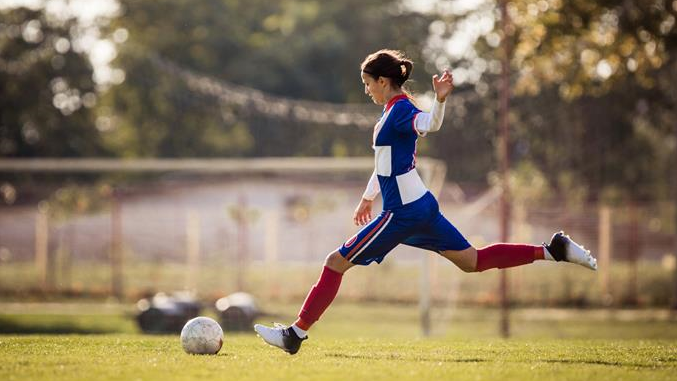Mitigating Risk: Strategies for Safer Soccer Betting in the Face of Impulsivity
There are many factors that are involved in the psychology of placing bets on soccer. Superstitions and cognitive biases exert a surprising influence over the choices of bettors and their decisions. Being aware of these influences can aid bettors in avoiding irrational betting decisions.
One strategy is to betting live on teams that are favorites. However, they begin slowly and eventually give up early chances. This strategy can bring in huge payouts.
Cognitive biases
In sports betting, cognitive bias may lead to poor judgment. This could lead to addictions, such as gambling. If you’re able to recognize and overcome these biases then you can more effectively make decisions.
Confirmation bias is one of the cognitive biases most commonly observed by people use in sports betting. It causes them in seeking out evidence that can affirm their belief, and overlook evidence to support contradict them. This is a risk for football betting, as it might cause gamblers to disregard important information or to misinterpret data. Overconfidence bias could lead bettors to dismiss expert opinions, or to believe their own knowledge is superior when compared to the opinions of others. This may lead to bad decision-making as well as financial losses. To counter this tendency, be open-minded. Seek out different perspectives. This can help avoid confirmation bias and other cognitive biases that can affect soccer betting.
It can affect emotional
The love for soccer is a potent driving force that draws millions football players and their fans to the sports betting arena. Bettors can be affected by the excitement of winning or losing, as well as their moods. This emotional impact can lead to compulsive or problematic betting.
Researchers examined the effect on the trait’s affective impulse and motivations for regulation of emotion on in-play betting through three cross-sectional studies after significant sporting events such as The Superbowl LVI Final (Study 1) and March Madness Finale (Study 2) in addition to the Union of European Football Association Champions League Finale (Study 3) It was found that participants who bet during the game experienced greater thrills.

The secret to overcome emotional biases when betting on football is to control your self. The key to this is discipline, logical analysis, and cognition. The ability to control oneself is essential for making sure that punters adhere to the predetermined budgets, strategies for betting, as well as avoiding the temptation of losing money.
Soccer betting strategies
Making a strategy for betting on soccer can assist you in making better choice when it comes to placing bets on the world’s most popular bongdawap lich thi dau game. Strategies that work best include an in-depth examination of both team and player information, and trend patterns in performance. Additionally, they include strategies to decrease cognitive biases, for example as the gambling mistake.
Another important strategy is to look at matchups and identify the most promising bets. Consider your past performances at home and while on the move in addition to head-tohead tables and matches. It’s also crucial to stay clear of over-betting which could cause a major loss.
Intermediate gamblers can use a soccer betting strategy that involves parlays, which blend multiple bets in one. It is crucial to keep in mind that the chances of making a flawless parlay is very slim. Parlays should be limited to three or less games. You will have a greater chance to win if you limit your parlays to three plus games. Also, stay clear of placing bets on teams who give the advantage early, since betting on these teams usually has low chance of success.
Social Factors
There are numerous aspects of society that affect people’s choices when it comes to betting on sporting events. They include age, gender, social perception of gambling, as well as the impulsivity. These issues can be caused by incorrect belief systems and an emotional attachment. They have also been linked to an increased likelihood of having gambling problems, according to research.
Sports players who take part in betting can engage in the game to earn money to improve their overall quality of life, alleviate pressure, or simply enjoy enjoyment. The activities can have negative impact on fitness and well-being of the athletes. This risk can be reduced by restricting their participation, as well as seeking assistance when they are experiencing issues.
Numerous studies have investigated the correlations with sports betting, namely the sociodemographic characteristics, gambling-related variables as well as co-occurring psychopathologies. However, these studies didn’t examine the factors that increase risk for betting among people with the diagnosis of a diagnosed gambling disorder or Problematic Gambling Disorder (GD). This systematic review was designed to obtain clinically valid information on the relationship with GD as well as sports-related gambling.
